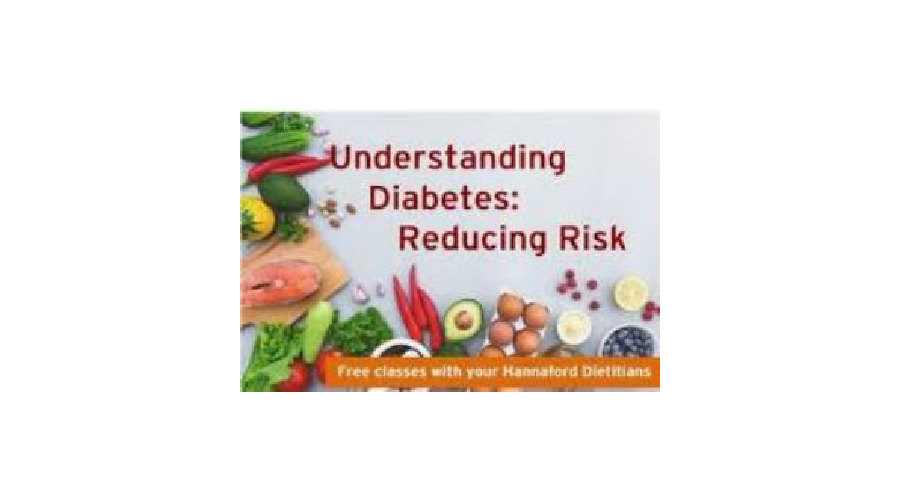22 August 2022
By Ferozan Mast
With the overall health needs of Solomon Islanders in mind, I share this latest published health advice.
Quote
High blood sugar (hyperglycemia) is closely associated with type 2 diabetes, and can lead to serious health conditions if left untreated. "Diabetes is a condition expected to gradually progress over time," says Vidya Aluri, MD. "If type 2 diabetes goes untreated, the high blood sugar can affect various cells and organs in the body. Complications include kidney damage, often leading to dialysis, eye damage, which could result in blindness, or an increased risk for heart disease or stroke. Unfortunately, the effects of high blood sugars are not limited to this." Here are five ways to lower blood sugar, fast. Read on.
Overhaul Your Diet
Eating a healthy, balanced diet and avoiding ultra processed junk food and sugary drinks is a non-negotiable for lowering blood sugar quickly. "If you have diabetes, a healthy eating plan for you is not that different from a healthy eating plan for people without diabetes," advises Harvard Health. "The American Diabetes Association (ADA) echoes the dietary guidelines recommended for the general public — that is, a diet centered on fruits, vegetables, whole grains, legumes (peas and beans), and low-fat dairy products. For most people with diabetes, carbohydrates should account for about 45% to 55% of the total calories you eat each day. Choose your carbohydrates wisely — ideally, from vegetables, whole grains, and fruits. Avoid highly refined carbohydrates such as white bread, pasta, and rice, as well as candy, sugary soft drinks, and sweets. Refined carbohydrates tend to cause sharp spikes in blood sugar, and can boost blood triglyceride levels."
Intermittent Fasting
Intermittent fasting has been shown to be effective in lowering blood sugar and fighting insulin resistance, researchers say. "There is evidence to suggest that the circadian rhythm fasting approach, where meals are restricted to an eight to 10-hour period of the daytime, is effective," says metabolic expert Dr. Deborah Wexler, Director of the Massachusetts General Hospital Diabetes Center and associate professor at Harvard Medical School. Who recommends people "use an eating approach that works for them and is sustainable to them."
Exercise
Regular exercise is not only good for your overall health, it can help lower blood sugar—especially before meals. "Brief, intense interval exercise bouts undertaken immediately before breakfast, lunch and dinner had a greater impact on post-meal and subsequent 24 h glucose concentrations than did a single bout of moderate, continuous exercise undertaken before an evening meal," says Dr. Monique Francois. "The practical implications of our findings are that, for individuals who are insulin resistant and who experience marked post-meal increases in blood glucose, both the timing and the intensity of exercise should be considered for optimizing glucose control."
Lose Weight
Losing excess fat is one of the most effective methods of lowering blood sugar. "Individuals diagnosed at an early stage with type 2 diabetes (known as prediabetes) often see resolution of elevated blood sugars with diet and weight loss," says Dr. Aluri. "We can also prescribe oral medications to keep blood sugars in a healthy range. There are various injectable medications as well, not just insulin, which work on hormones tied to insulin secretion and appetite. We work with people with diabetes as a team, including the physician, diabetes educators and nutritionists – all with the patient at the center."
Eat More Fiber
A diet high in fiber has been shown to help prevent insulin resistance and lower blood sugar, experts say. "The results of our study suggest that an intake of approximately one tablespoon of viscous fiber per day, either taken as a fiber concentrate in a form of a supplement added to regular food and beverages, such as psyllium, konjac or guar gums, or by consuming foods that are a rich source of viscous fiber (beta-glucan) such as oats, would result in a significant reduction in hemoglobin A1c (HbA1c) and other diabetes control markers," says Vladimir Vuksan, PhD.
Source. Yahoo News
Yours sincerely
Frank Short



